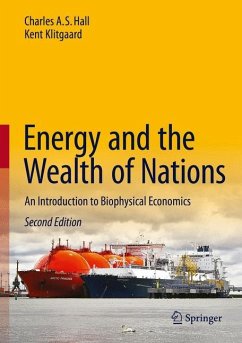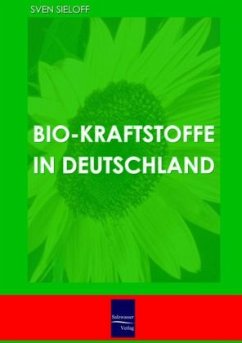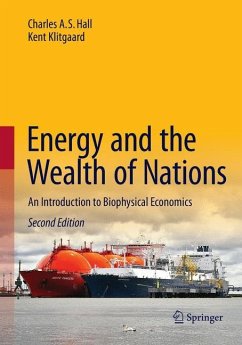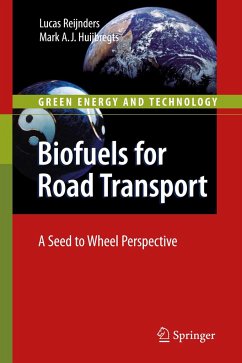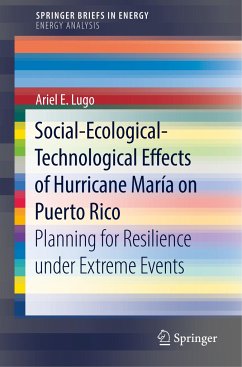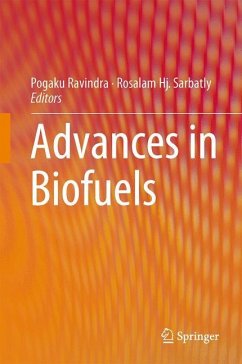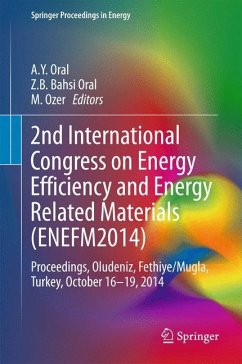Nicht lieferbar
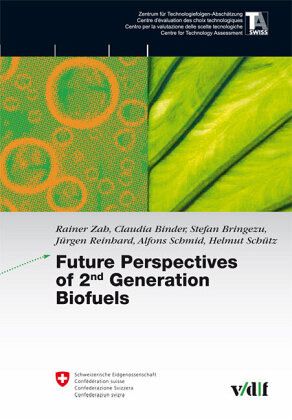
Future Perspectives of 2nd Generation Biofuels
Versandkostenfrei!
Nicht lieferbar
Fossil independence and substantial reductions in CO2 emissions seem to be possible with 2nd generation biofuels. New technologies allow a full carbon-to-fuel conversion of non-edible plant parts such as straw or wood, and the cultivation of algae or salt-resistant plants uncouples bioenergy from food production. Nevertheless, impacts on biodiversity, global land and water use are widely unclear and their competitiveness with 1st generation biofuels and electric mobility is an open question. An interdisciplinary team of EMPA, University of Zurich and the Institute of Climate, Environment and Energy in Wuppertal evaluated the most sustainable production techniques and assessed their potential for our future mobility.




